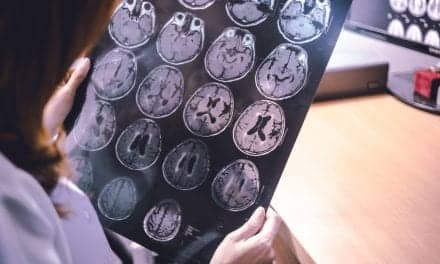Oticon, Somerset, NJ, announced their commitment to promoting “Hearing Care is Health Care” on World Hearing Day 2017, a powerful reminder to make a hearing check part of regular physical exams. For those who already suspect that hearing loss may be affecting their day-to-day activities, Oticon recommends scheduling a more thorough hearing evaluation and if there is a need, to work with a hearing care professional to select a hearing solution.
Hearing loss is the third most commonly reported chronic health condition in the United States, affecting an estimated 40 million Americans, according to a recent Centers for Disease Control (CDC) survey. It is also the most common workplace injury. The survey estimates that 2.5 healthy years are lost annually per every 1,000 workers due to hearing loss.
The survey also found that exposure to noise at home or in the community—from using a leaf blower to attending loud sporting events—can also damage a person’s hearing just as much as noisy workplace. More than 1 in 2 US adults have hearing damage from noise, yet do not have noisy jobs. Likely culprits include exposure to noisy equipment along with environmental factors such as traffic, loud concerts and cranked-up earphones, according to the survey.
While older adults are more likely to experience hearing loss, the survey shows that younger people are already beginning to experience some hearing difficulties, with some reporting hearing damage starting at age 20.
Oftentimes noise is damaging hearing before anyone notices or diagnoses it; nearly 1 in 4 adults ages 20 to 69 who were surveyed that indicated that they have good to excellent hearing, already have some hearing loss. “Under-recognized,” and thus untreated, hearing loss can have a negative impact on quality of life, and, when left untreated, is associated with anxiety, depression, loneliness, and cognitive decline, according to the CDC. A 2015 study in The Journal of the American Geriatrics Society shows that hearing aids can help prevent accelerated cognitive decline in later years.
Original Paper: Amieva H, Ouvrard C, Giulioli C, Meillon C. Self-reported hearing loss, hearing aids, and cognitive decline in elderly adults: A 25-year study. Journal of the American Geriatrics Society. 2015; 63 (10): 2099-104. doi: 10.1111/jgs.13649
Sources: Journal of the American Geriatrics Society, Oticon, CDC





